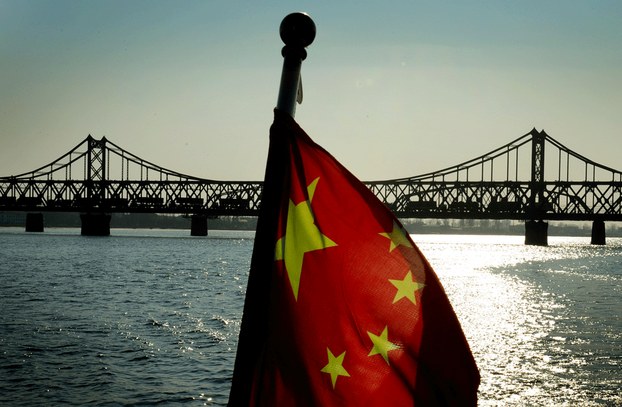




Some time ago, the Chinese Academy of Social Sciences released a piece of research entitled “A Report on Developments in the Asia Pacific Area.” This report leveled a great deal of criticism at North Korea.
In the report, Chinese experts said that North Korean authorities believe that China will never abandon their country, but they argued that China could very well abandon North Korea if the country continues its brinkmanship-based policies, including nuclear weapons tests. They also said that China could accept a South Korean-led reunification of the Korean Peninsula.
The contents of this report are unprecedented. Chinese experts have voiced similar arguments in the past, but this is the first time such arguments have been expressed so publicly.
Many experts now believe that China will abandon North Korea if it has to and that the regional superpower may support a South Korean-led unification. But in my opinion, the possibility that this may happen is exaggerated.
Of course, the Chinese report should not be disregarded, but I think it is not intended as a proclamation of a changing Chinese policy on North Korea, but rather as a warning directed to the North Korean leadership.
With the start of the Kim Jong Un era, the two countries’ long-difficult relationship has now become even more difficult.
'A political problem'
It is not an exaggeration to say that China holds a monopoly over North Korea’s foreign trade. Despite this, however, Kim Jong Un and the rest of the North Korean leadership believe that dependence on China has created a political problem, and they are working to weaken Chinese economic influence by reaching out to Western investors.
Of course, the North Korean leadership is worried that China will use its dominance over North Korea’s economy to involve itself in internal North Korean affairs. The execution of Jang Song Thaek may have been a result of such concerns.
At the same time, China cannot help but direct more discontent and annoyance at North Korea. North Korea is staying afloat on Chinese assistance, but the country has implemented a political stance that is causing much difficulty for the Chinese.
Moreover, China’s leaders remember little about the Korean War and have little reason to continue helping North Korea.
But when considering long-term geopolitical goals and interests, China believes that maintaining a division of the two Koreas is a desirable option. This is because of the deepening confrontation between the U.S. and China.
Buffer zone
From China’s perspective, North Korea is a buffer zone that blocks U.S. influence on the Korean Peninsula and forces U.S. troops to be stationed at a distance from China.
As the China Academy of Social Sciences report suggests, if China someday abandons North Korea, the North’s system will likely collapse. And ultimately, the Korean Peninsula could become united under the flag of South Korea.
If the Korean Peninsula is unified by South Korea, China will try in a number of ways to establish a good relationship with South Korea and attempt to minimize American influence in the country. However, China would not have an easy time doing this.
Beijing’s view is that it wants to avoid taking any measures that could create a crisis on the Korean Peninsula. And therefore there is no reason to think that the Chinese report reflects an important shift in Chinese policy. At this stage in the game, China does not want the Korean Peninsula to be unified.
Translated by Robert Lauler.
Andrei Lankov, a professor at Kookmin University in Seoul, is a Russian historian, North Korea expert, and regular RFA contributor.